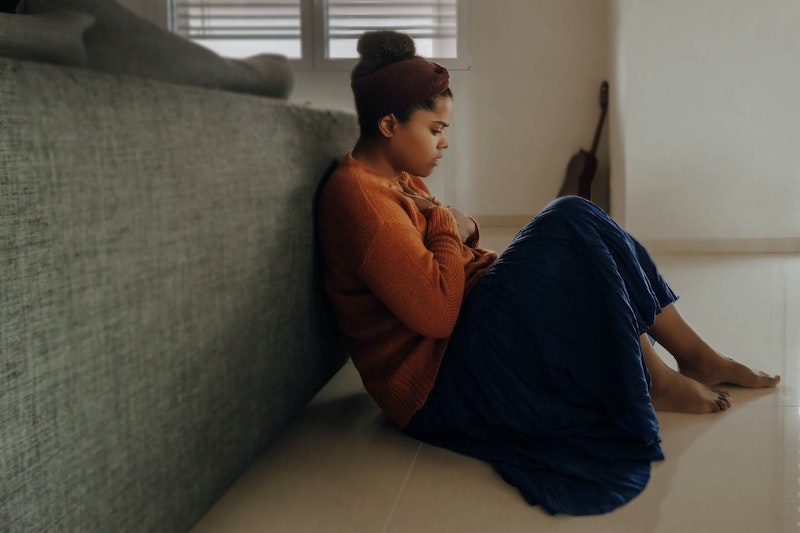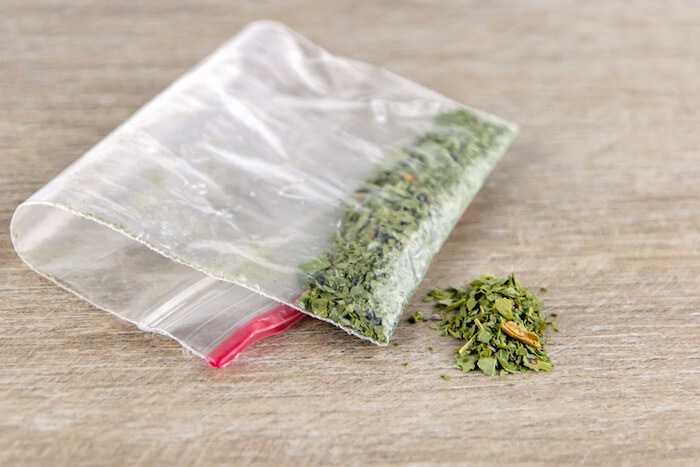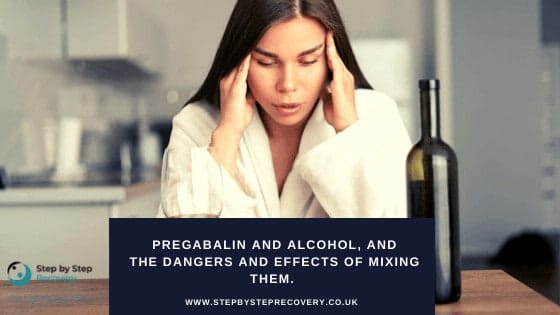Everyone wants rehab and addiction treatment to give them the tools to live a life of sobriety, but if you or someone you care about has recently completed addiction treatment, the possibility of relapse is high. Preventative measures are vital to avoid addiction relapse. To understand how best to cope with a relapse, it is beneficial to understand the definition of relapse and the difference between a relapse and a slip.
Relapse refers to when after achieving sobriety, you start to abuse or become addicted to a substance; this does not have to be the same substance you were previously using. However, whether it be something new or the same substance you received addiction treatment for, using a substance does not always mean you have had a relapse.
Slip vs Addiction Relapse?
Leaving outpatient addiction treatment or residential rehab does not mean sobriety will not be an ongoing effort. Relapse prevention is essential as addiction becomes part of learned behaviours used to cope with difficult emotions or stress. A slip is most often defined as a one-time lapse. Another way addiction therapists differentiate a slip from a relapse is to consider the reason for the break from sobriety. When there is a single use of drugs or alcohol that was not planned, this is viewed as a slip. When there is an intentional effort to obtain and use drugs and alcohol, this is considered a relapse.
One way to explain a slip vs a relapse is to look at the concept of dieting. You decide to lose weight and you start a diet. After losing the weight, you know you need to continue to eat a healthy balanced diet, but one day after a stressful event, you sit down and eat a whole tub of ice cream. Afterwards, you realise that your behaviour was not in line with your desire to eat healthily. You consider the trigger and plan another way to cope with stress to prevent a slip in the future. It may be that you decide you will lie down and listen to your favourite music, call a friend or go for a run.
On the other hand, if after eating a whole tub of ice cream, you decide to give up on your intention to eat a healthy diet and continue to eat unhealthy food in excess, this would be a relapse. Alternatively, if you have bought a tub of ice cream intending to have a small amount once a week as a treat, eat the whole tub and then decide to take measures to prevent this behaviour, this would be considered a slip. However, if you bought the tub of ice cream intending to eat the whole tub in one go, this would be considered a relapse.
If you or someone you care about experiences a slip or a relapse, this may feel like a failure. Feelings of sadness, shame and anxiety are likely to occur, making it even more difficult to return to sobriety. Accepting that a slip or a relapse is often a part of the recovery process after addiction treatment can help to make it feel less of a defeat and rather a glitch. On the other hand, if it is clear that you or someone else has experienced relapse and not a slip, it is vital to return to addiction treatment as soon as possible.
How Common Are Multiple Relapses?
Research into the brain and addiction has shown that abuse of a substance changes the way our brain functions. Imaging of the brain of someone who is addicted to drugs or alcohol indicates that there is less activity in the frontal cortex. The frontal cortex is the part of the brain responsible for control and impulse. The brain’s neurotransmitters are also changed, and substance abuse causes the release of dopamine responsible for pleasure. This combination makes it extremely difficult to stay clean during the first months after a detox and addiction therapy.
New research into the brain during recovery has also indicated that the changes can be reversed, but this is a slow process and takes months. Changes in brain activity in the frontal cortex show improvement after only one month of sobriety in imaging done during an addiction study of the brain of a crystal meth user. When brain scans were assessed of a crystal meth user after 14 months of abstinence, the activity in the frontal cortex had almost returned to normal.
Multiple relapses do not mean living a life of sobriety is not possible. It is accepted that recovery is a complex process and one or several relapses are a normal part of the recovery process. What recurrent relapse does indicate is that current prevention measures need to be revised. This might mean a longer period of residential rehab or outpatient addiction treatment is required for relapse prevention following leaving treatment.
The Three Stages of Relapse
Addiction relapse is different to a slip as it isn’t a rapid process. Research into recovery and relapse has defined three stages of relapse that occur over a period of time.
-
- Emotional relapse starts with a subconscious reduction of intention to not use drugs or alcohol after a period of abstinence. This is not something the person in recovery will be aware of and results from behaviours and emotions that increase the likelihood of substance abuse. A combination of physical triggers such as erratic eating and unstable sleeping patterns, stressful or upsetting situations and association with other addicts are all symptoms of emotional relapse. At this stage, relapse prevention measures are most effective.
- Mental relapse is a conscious desire to start using drugs or alcohol again. Thoughts of how they felt when using the substance or the environments and people they spent time with trigger a mental compulsion to start using it again. This desire to use drugs and alcohol again is short-lived before a physical relapse occurs.
- Physical relapse is when the person starts using drugs or alcohol and ceases to function in recovery. Unlike a slip, a physical relapse is characterised by continual use of the substance and a complete break away from sobriety.
Addiction is a chronic disease, which means that even after stopping substance abuse, a relapse can always occur. Although this is expected to happen more often at the start of recovery after addiction treatment, a relapse can happen months or even years after abstaining from substance abuse. Relapse after a longer period of sobriety can be more dangerous. Over time the tolerance to the substance will have decreased and if the same dose is taken as when the substance was used regularly, this can cause a potentially fatal overdose.
Recognising the potential of a physical relapse and making plans to return to addiction treatment if this happens is an important part of relapse prevention. Once a physical relapse has occurred, returning to residential rehab or outpatient treatment will often be resisted. Intentionally committing to do this with someone can make it easier to get back into treatment as quickly as possible to get back onto the path of long term recovery and a life of sobriety.
We offer free advice on treating addiction and reestablishing recovery following a relapse. Step by Step Recovery exists to help individuals beat addiction permanently, providing lifetime support to the people we treat and their friends and family. Please complete our online assessment form or call our understanding team on 0800 170 1222 for free, confidential advice to help you or a loved one.




